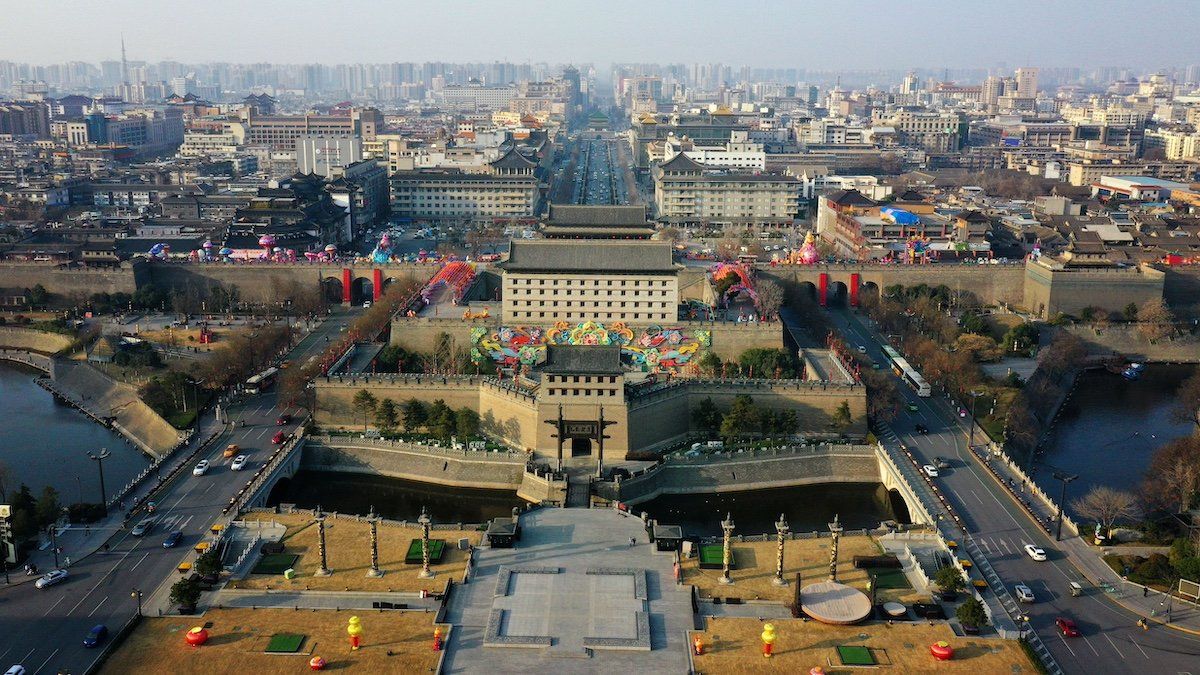230 million: On Thursday, officials in Hangzhou and Xi’an, cities with a combined population of more than 25 million people, lifted all restrictions on buying new homes. The moves are part of a push by many Chinese cities to bolster the country’s sagging property market. The announcements drew more than230 million views on the social media site Weibo.
1: Thefirst ship moving humanitarian aid to Palestinians in Gaza departed Thursday for a floating platform built by the US military. On arrival, the cargo will be transferred to smaller US vessels that will then bring it ashore.
3: A new report finds the rate of guns stolen from cars in the United States hastripled over the past decade. In 2022, the last year for which stats are available, about 112,000 guns were reported stolen in the US, and just over half were taken from automobiles, most of them parked outside people’s homes.
58: Following an election earlier this week in North Macedonia, the opposition VRMO will control58 of the 120 seats in Parliament and the presidency. As a result, party officials say they can form a coalition government with like-minded allies to defy demands from Bulgaria’s government to recognize rights for the country’s Bulgarian minority in its constitution. Bulgaria can block North Macedonia’s bid to join the European Union, which requires unanimous approval of all members.
2: Malaysia’s government announced a plan to send rare orangutans, majestic primates only found in the jungles of Borneo and Sumatra, as gifts to zoos in countries that buy its palm oil. Malaysia is
the world’s second-largest producer of palm oil, a product found in more than half of supermarket packaged products. The EU said last year it would
phase out the import of palm oil as a biofuel because its production encourages deforestation in some of the last regions where orangutans live wild.
